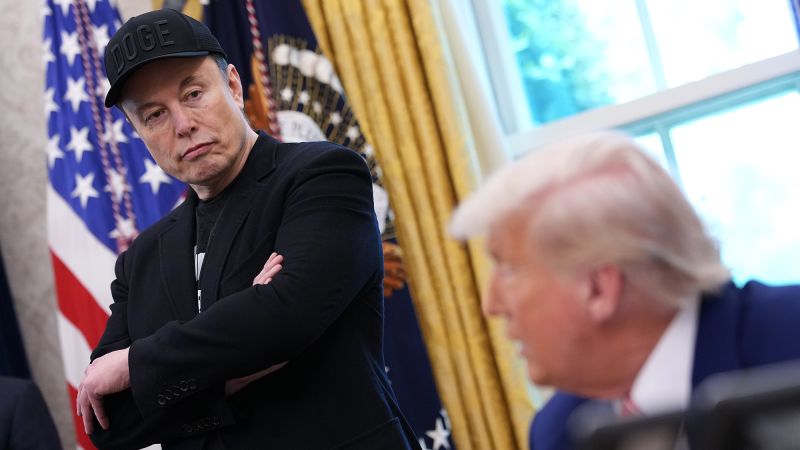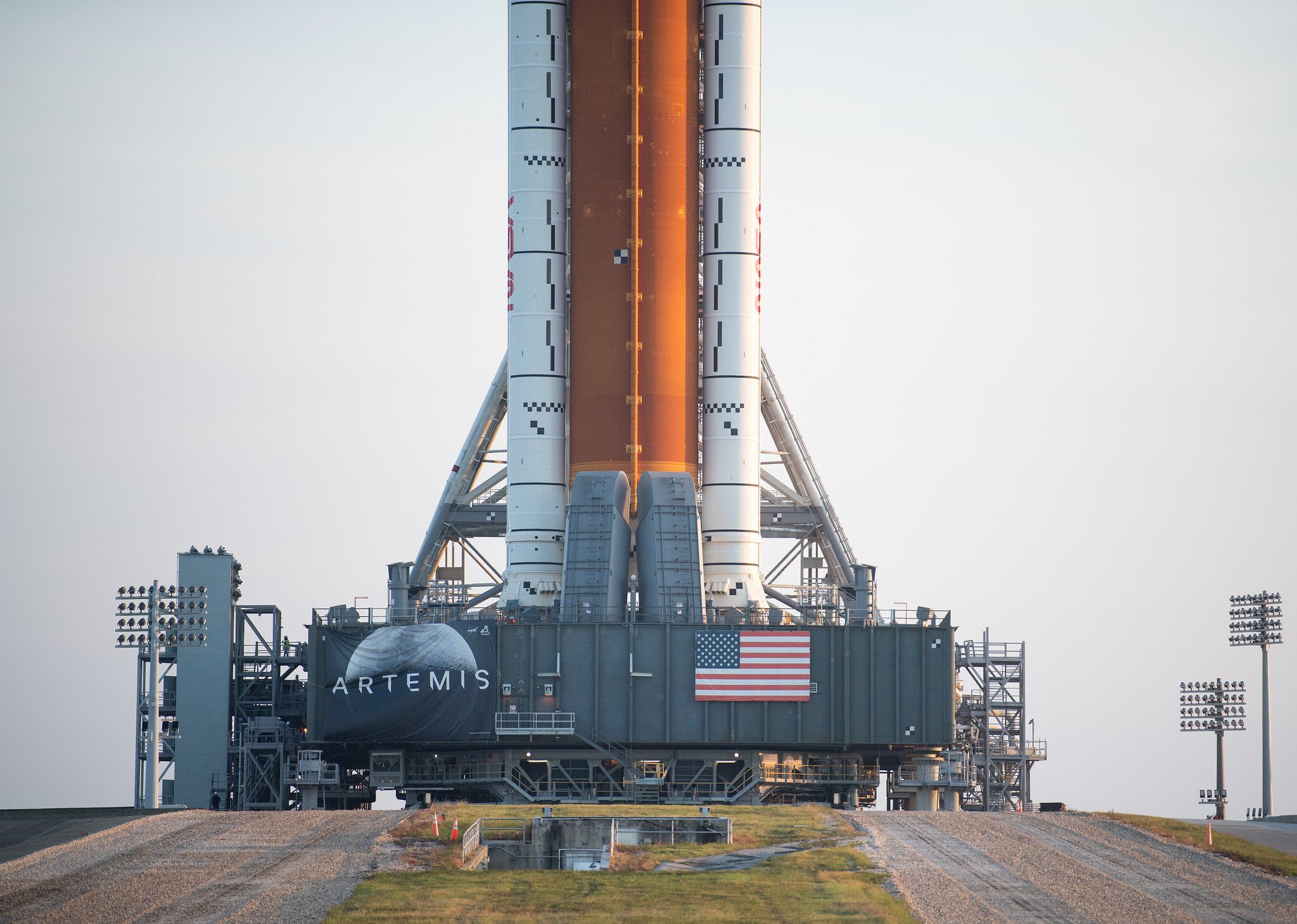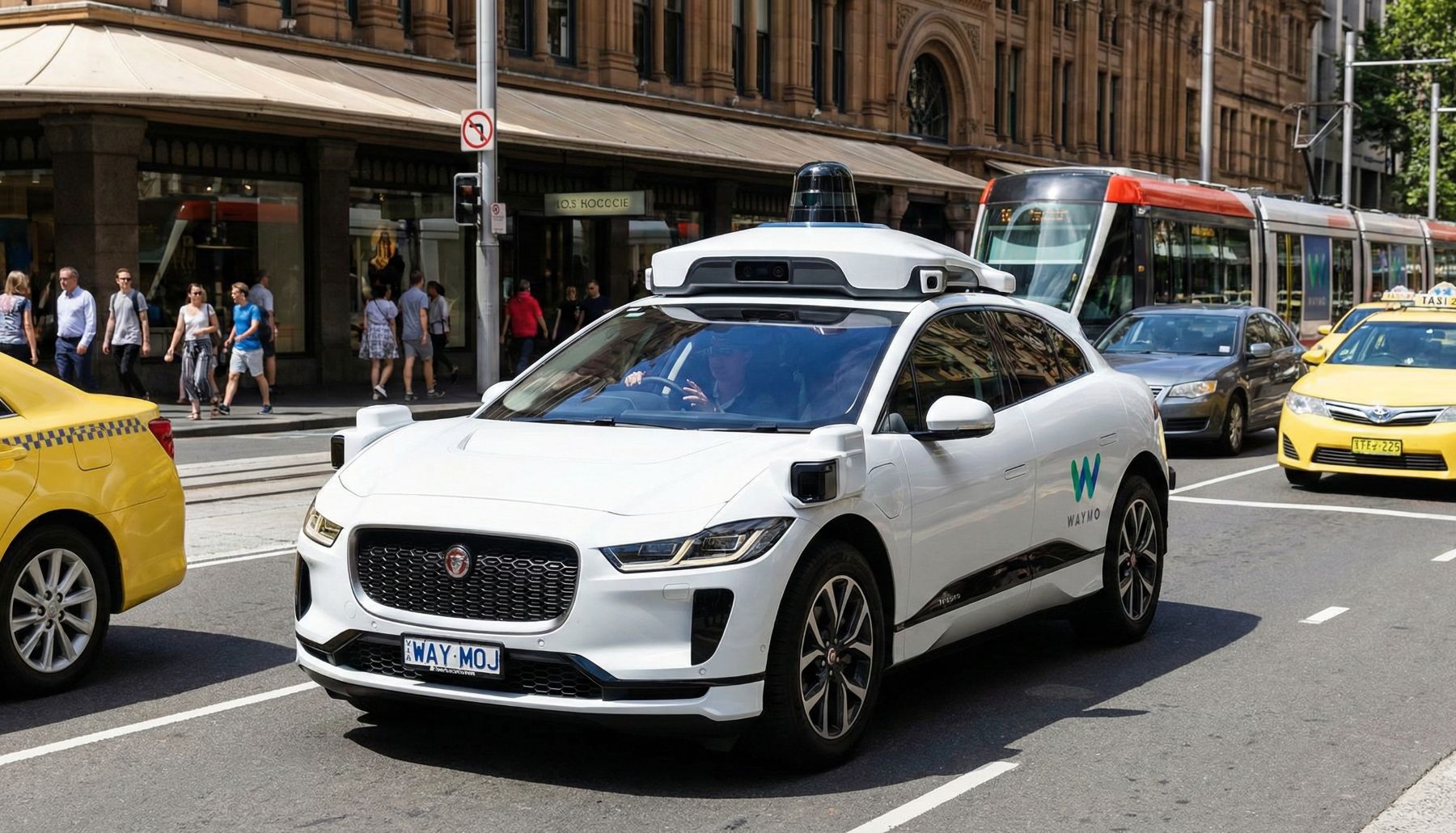
The truce between Elon Musk and former President Donald Trump has unraveled in less than a month. Following the Senate’s narrow procedural vote to debate Trump’s “Big, Beautiful Bill” over the weekend, Musk announced on Monday that he would leverage his substantial resources to launch primary campaigns against Republicans who supported the expansive domestic policy agenda. Musk spent much of Monday and early Tuesday morning criticizing the bill on social media, focusing on its hefty price tag.
Trump retaliated late Monday night, suggesting that his administration might investigate the substantial government subsidies received by Musk’s companies. Although this latest exchange hasn’t reached the personal and vicious levels of their previous public confrontation, it has already impacted Musk financially. Tesla’s stock dropped nearly 5% in premarket trading Tuesday, following a 2% decline on Monday, as the broader stock market reached record highs. Much of Musk’s wealth is tied up in Tesla’s publicly traded stock.
Background of the Feud
The Musk-Trump feud reignited when Musk began posting incessantly about his opposition to Trump’s signature legislation. Previously, Musk had softened his tone about Trump after a particularly heated exchange last month, which included accusations related to Jeffrey Epstein. Musk later expressed regret for some of his posts and deleted the most inflammatory ones. However, the recent Senate vote prompted Musk to renew his attacks, though he refrained from mentioning Trump by name in his posts.
According to Dan Ives, an analyst at Wedbush Securities, “This BFF situation has now turned into a soap opera that remains an overhang on Tesla’s stock with investors fearing that the Trump Administration will be more hawkish and show scrutiny around Musk-related US government spending.”
Musk’s Political Maneuvering
Musk’s renewed attacks on the bill began Monday afternoon, with threats directed at members of Congress who supported the legislation. He argued that the bill would undermine his efforts at the Department of Government Efficiency, which aims for fiscal responsibility by eliminating wasteful spending. The Congressional Budget Office estimates that the Senate bill would add nearly $3.3 trillion to the deficit over the next decade, surpassing the House-approved bill’s $2.4 trillion increase.
Musk expressed his frustration on social media, stating, “Every member of Congress who campaigned on reducing government spending and then immediately voted for the biggest debt increase in history should hang their head in shame!” He also shared a campaign poster with “LIAR” emblazoned across Pinocchio’s face, indicating his intention to target these politicians in the next primary elections.
Furthermore, Musk floated the idea of creating a third political party, the “America Party,” as a populist alternative to the existing Republican and Democratic parties. He also pledged support for Kentucky Rep. Thomas Massie, one of the few Republicans opposing the bill, whom Trump has publicly criticized.
Trump’s Counterattack
Early Tuesday morning, Trump responded with a threat to investigate the government contracts and subsidies Musk’s companies receive. “Elon may get more subsidy than any human being in history, by far,” Trump wrote on Truth Social. He suggested that without these subsidies, Musk’s businesses might struggle to survive.
While it’s unclear if Trump will follow through on these threats, Musk’s companies, including Tesla and SpaceX, rely significantly on federal government contracts and policies. Tesla benefits from a $7,500 tax credit for electric vehicle buyers, which has bolstered EV sales and allowed automakers to raise prices. The potential loss of this credit and regulatory credit sales could cost Tesla billions annually, according to JPMorgan estimates.
“At the end of the day being on Trump’s bad side will not turn out well, and Musk knows this,” Ives wrote.
Future Implications
Whether Musk’s threats will derail the bill remains uncertain. Trump has launched a massive pressure campaign on Congressional holdouts, forcing them to choose between Musk’s financial backing and Trump’s influential platform. Musk’s political action committee, America PAC, has previously supported Republican candidates, but Musk recently indicated plans to reduce political spending.
Despite Musk’s resources, his political influence is not guaranteed. His recent efforts to sway a Wisconsin Supreme Court election were unsuccessful, and his popularity remains relatively low. Ultimately, Trump holds the presidential power, while Musk does not.
The coming weeks will reveal whether Musk’s opposition can impact the bill’s progress or if Trump’s pressure will prevail. The political landscape remains tense as both influential figures continue to clash over the future of U.S. fiscal policy.






